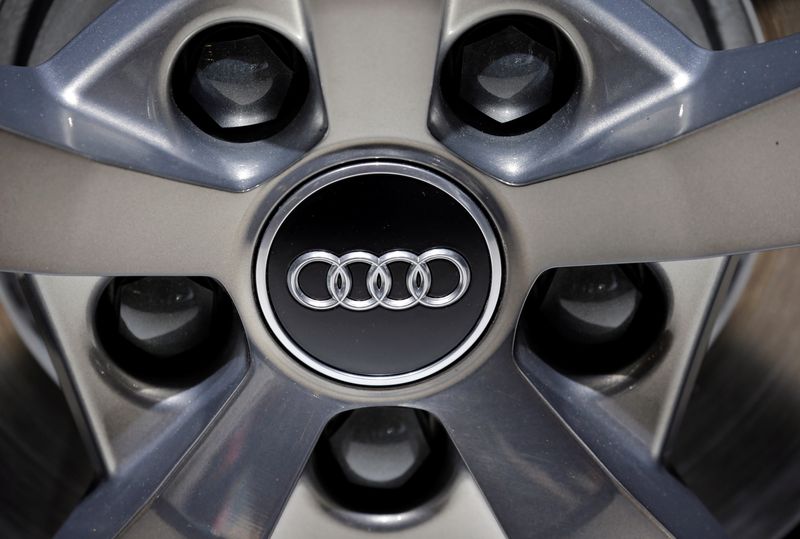BERLIN (Reuters) - German carmaker Audi is in favour of offering employees one-off tax-free payments instead of permanent wage increases, its human resources director said, as unions across Europe's biggest economy demand higher wages in light of rising inflation.
Workers' purchasing power in Germany has already taken a hit, with consumer price inflation at 11.6% in October. Employers, however, do not see much scope for wage increases due to the rising costs of material and energy.
German union IG Metall has called for strikes among metal and electrical industry workers that started on Saturday night at some companies as it demands 8% wage hike for 3.8 million employees in the country's largest industry sector.
The union rejected an employers' offer of 3,000 euros payment spread over 30 months as a temporary solution to help workers cope with inflation.
But such payment could be a way to reach an agreement, Audi HR Director Xavier Ros said, adding that responding to rising consumer prices with significant wage increases would harm the economy in the long-term.
"What we have to discuss is the question of how sustainable such a significant wage increase is when we are talking about a temporary problem," Ros was quoted as saying by German weekly Automobilwoche.
Audi, a Volkswagen (ETR:VOWG_p) Group brand, is not itself a direct partner in the wage negotiations, but it adopts the talks outcomes in a collective wage agreement.
"The situation is difficult, and that's why I understand that these negotiations are more complicated than usual," Ros added.
